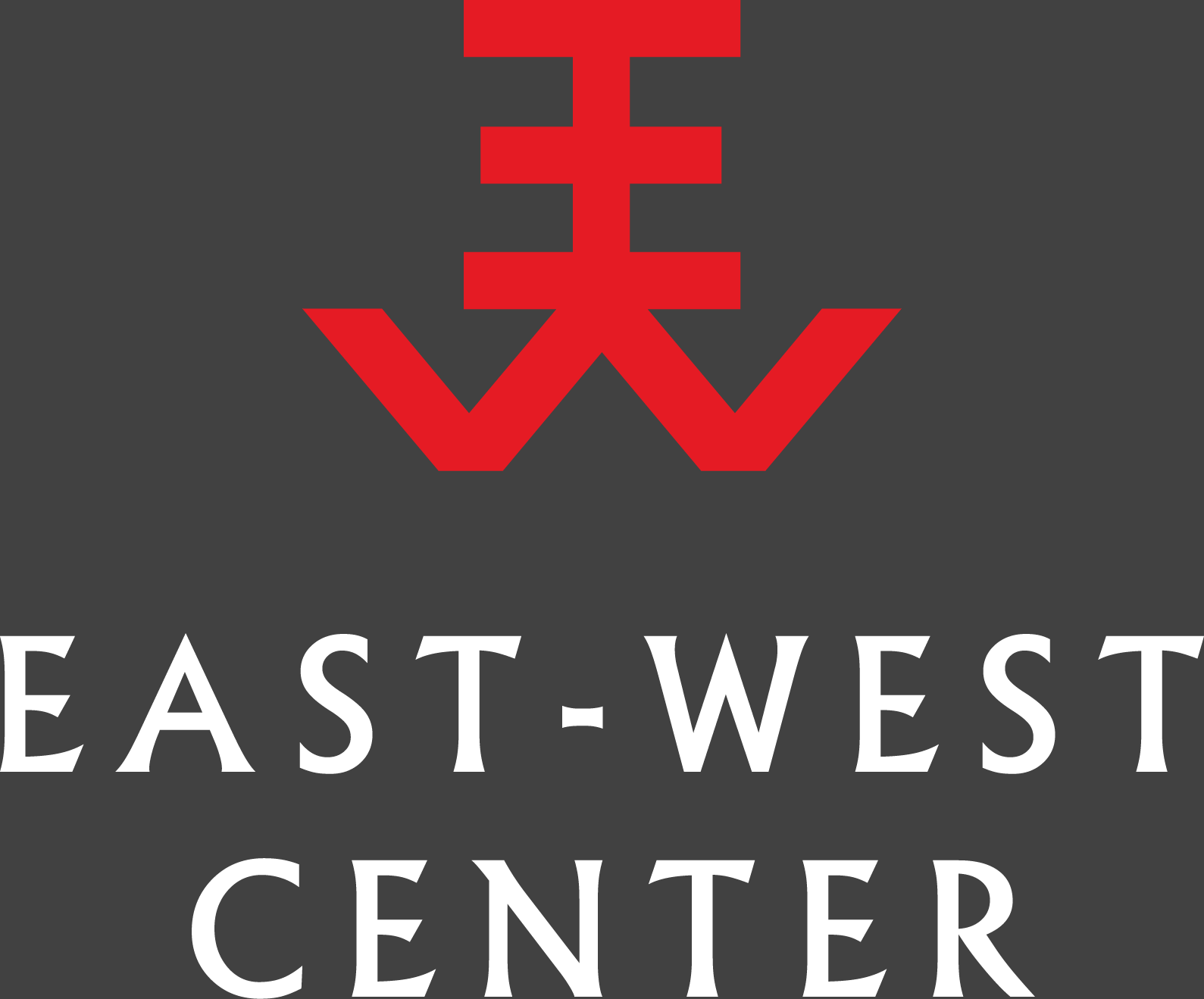►▼ Does North Korea have any diplomatic outposts abroad other than embassies (such as consulates)?
Yes. North Korea has consulates general in Shenyang, China; Nakhodka, Russia; Karachi, Pakistan; and Hong Kong. There are also DPRK consulates in Khabarovsk, Russia and Dandong, China; a representative office in Minsk, Belarus; and a trade office in Harare, Zimbabwe. Additionally, there are DPRK missions to UN offices in New York and Geneva, and a DPRK representative office in Paris handles North Korean relations with UNESCO.
►▼ Does North Korea only maintain diplomatic relationships with countries where it has an embassy?
No. Several of North Korea's ambassadors are accredited to multiple countries, and North Korea has maintained trade and political relations with countries where it does not have an embassy.
►▼ What is the relationship between North Korea's embassies and its external economic activities?
North Korea's embassies abroad are often expected to be responsible for covering their operating costs through income-earning activities, and to provide hard currency ("loyalty payments") to the North Korean government. DPRK diplomats have therefore been reported to have engaged in a variety of economic activities, both licit and illicit. This has included activities such as leasing embassy space in Berlin to host a hostel, smuggling liquor and cigarettes, and drug trafficking. According to reports by the UN Panel of Experts on DPRK sanctions, North Korea has frequently used its diplomatic personnel to facilitate sanctions evasion, arms sales, and WMD-related transactions.
Because of these activities, successive UN sanctions resolutions have imposed limits on North Korea's diplomatic presence abroad. UN Member States are required to expel North Korean diplomats (and other North Korean nationals) facilitating sanctions evasion; to reduce the number of staff at DPRK embassies and consulates; to allow only one bank account for a DPRK mission and for each North Korean diplomat posted to it; and to prohibit North Korea embassies from using their real estate for non-diplomatic purposes.





